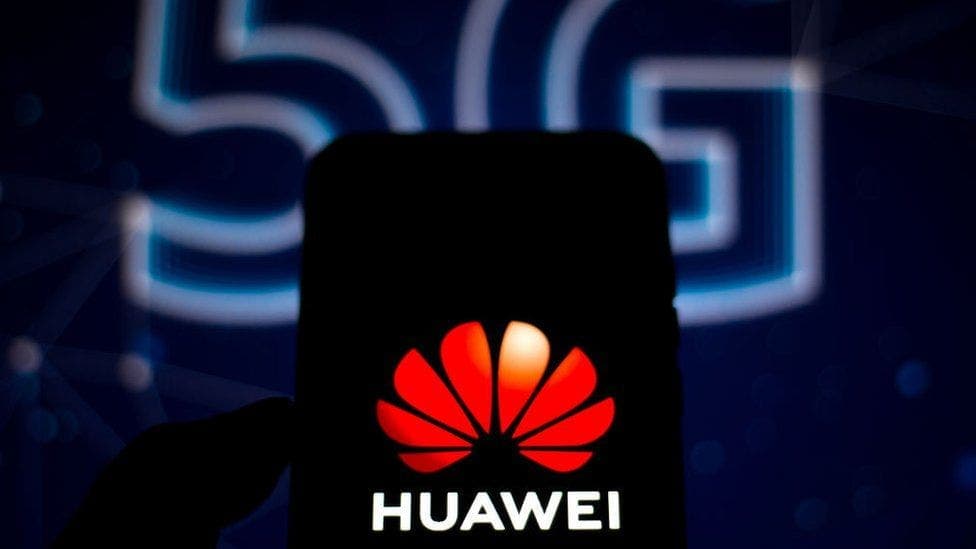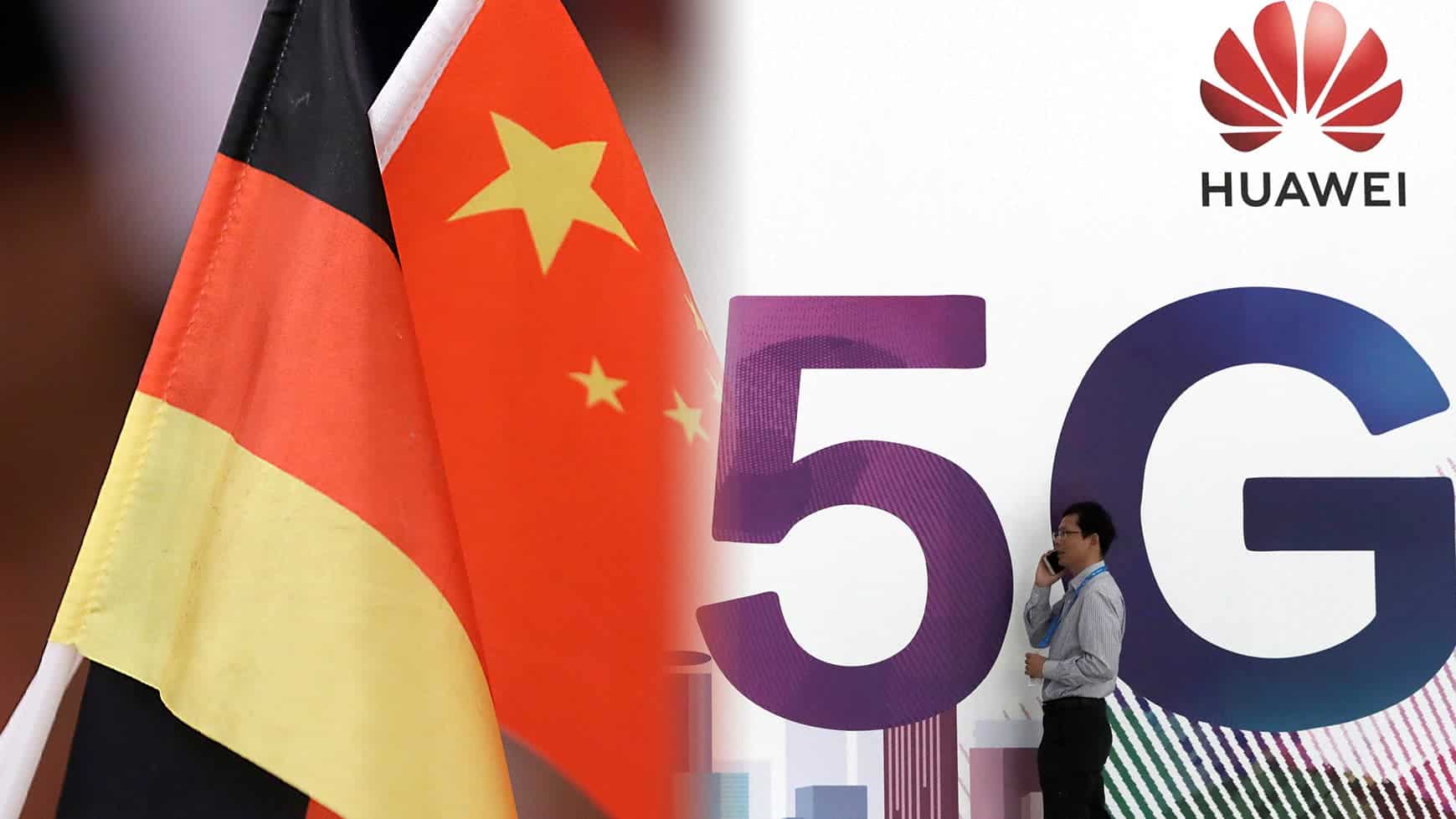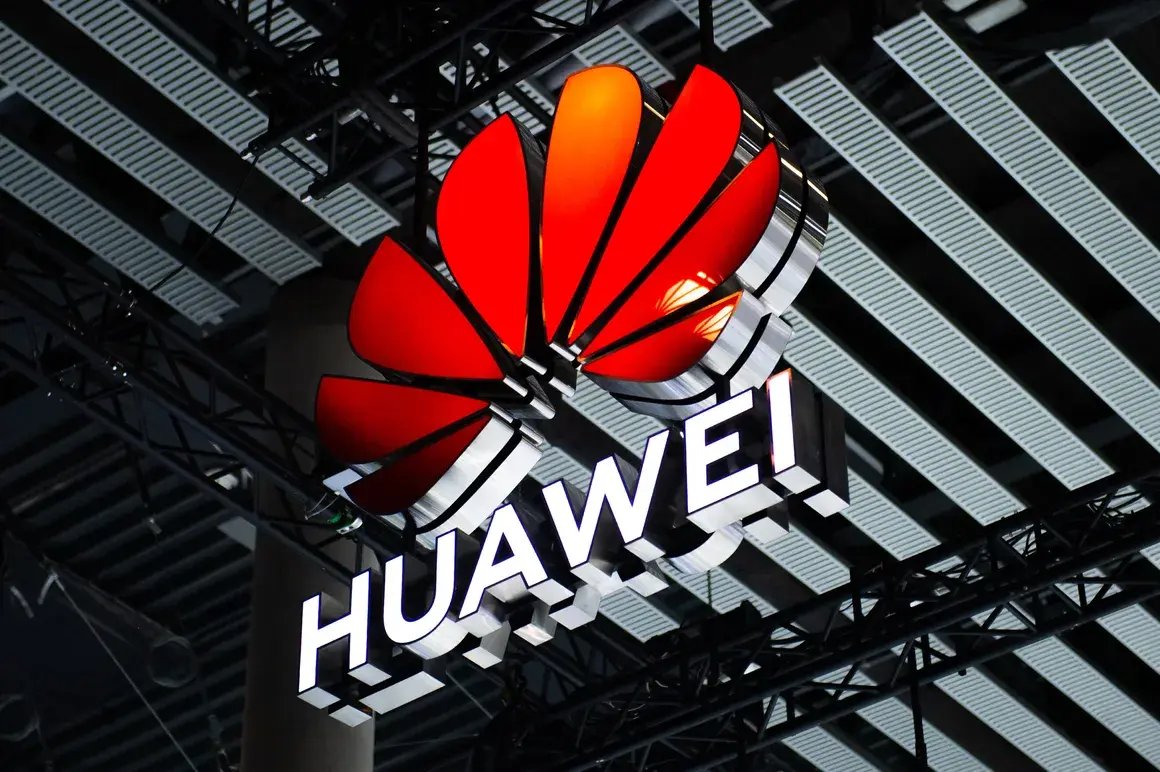After the United States placed Huawei on its Entity list, it did not end there. Donald Trump who was the sitting president at that time also exerted pressure on other European countries to take the same action against the Chinese tech giant. Although some nations were initially hesitant in this regard, a number of E.U nations have already taken steps in blocking Huawei from its 5G infrastructure. In June, Thiery Breton, the industry chief of the European Union urged all E.U nations to block Huawei and ZTE from their 5G telecoms networks.
Last week, Germany became the latest country in E.U to propose a ban on the use of Huawei and ZTE equipment. Similar to other nations, Germany cited security concerns as the primary reason for their decision. The list below shows the number of countries that have placed curbs on Huawei and ZTE equipment so far and their reasons.
Britain Blocked Huawei 5G Equipment 
In the year 2020, Britain decided to ban Huawei and other companies it tagged as high security risk from its 5G networks. In 2022, it extended the deadline until the end of 2023.
Estonia
Estonia joined the Huawei ban club in 2021 after approving it in parliament. Estonia’s parliament approved this new legislation to block Chinese companies from its telecom equipment.
Danmark
Danmark also developed concerns over a bid by Huawei to develop its 5G networks in 2021. For this reason, it passed a new legislation to ensure that it screened all foreign investors just to make sure they do not pose any form of security threats.
France
In 2020, French authorities told its telecom companies who planned to purchase Huawei equipment that they would not be able to renew their licenses once they expire. This immediately made telecom companies in France shy away from Huawei 5G equipment.
Germany 
Germany made its final decision over Huawei equipment on September 20, 2023. The German interior minister proposed to telecom companies to remove all Huawei and ZTE equipment from their core networks by 2026.
Italy
Italy as a nation has not entirely banned Huawei. However, it stopped its home telecoms group Fastweb from signing a deal that would allow Huawei to supply them with 5G equipment.
Latvia
Latvia officially signed an agreement with the United States in 2020 on 5G security. This agreement aimed at limiting the operations of Chinese companies.
Lithuania
In 2021, the parliament of Lithuania declared that it would only allow government approved equipment in building its 5G infrastructure.
Portugal
Portugal has also drawn nearer to kicking Huawei out of its 5G network. In September 18, the country said it was working closely with its operators to implement a high-level resolution. This resolution would effectively block Huawei from integrating its equipment into the country’s 5G networks.
Romania
Romania actually approved a bill which was backed by the U.S government in 2021. This bill closed the door against Huawei’s involvement in building it 5G infrastructure.
Sweden
Sweden also took part in the Huawei ban in the year 2020. The country banned its telecoms equipment from Huawei and ZTE 5G. There was an appeal in court to lift the ban, but the court denied the appeal.
Why Did the United States Ban Huawei in the First Place?
The United States banned Huawei from participating in its 5G infrastructure primarily due to national security concerns. There are several key reasons for this ban:
1. Espionage Concerns: The U.S. government was concerned that Huawei, as a Chinese company, could potentially be coerced or compelled by the Chinese government to use its technology to engage in espionage or cyberattacks against the United States. This raised concerns about the security of critical infrastructure.
2. Network Vulnerabilities: 5G technology is considered more vulnerable to cyberattacks due to its increased complexity and the potential for a larger attack surface. Allowing Huawei to build significant portions of the 5G infrastructure could pose a risk to national security.
3. Supply Chain Security: The U.S. was concerned about the security of the global supply chain for telecommunications equipment. Huawei’s dominance in this space raised concerns about the integrity of the technology and the potential for backdoors or vulnerabilities that could be exploited.
4. Trade and Geopolitical Tensions: The ban on Huawei also occurred in the context of broader trade and geopolitical tensions between the U.S. and China. These tensions influenced the decision to restrict Huawei’s involvement in critical infrastructure projects.
5. Allies’ Concerns: The U.S. encouraged its allies and partners to also exclude Huawei from their 5G networks, arguing that a unified front was necessary to protect against potential security risks.
As a result of these concerns, the U.S. government took several actions, including banning the use of Huawei equipment in federal agencies and urging American telecommunications companies to avoid using Huawei’s technology. Additionally, the U.S. put pressure on its allies to limit Huawei’s participation in their 5G networks, leading to varying degrees of restriction in different countries.
Conclusion

So far, these are the 11 European nations that have decided to part ways with Huawei and other Chinese companies from building their 5G networks. Other countries may join in future, but they haven’t declared their intentions yet. All these countries have cited security concerns as their reason for banning Huawei’s 5G infrastructure. This reason was first born by the U.S, and other countries have eventually followed suite. Huawei on the other hand has denied these allegations on several occasions but the countries have closed their ears on the company’s pleas.
Follow Gizchina.com on Google News for news and updates in the technology sector.






the joke is that the huawei with 5G is problem. But is there anyone in goverment who asking about the cameras? security cameras which are everywhere? this could by the most important